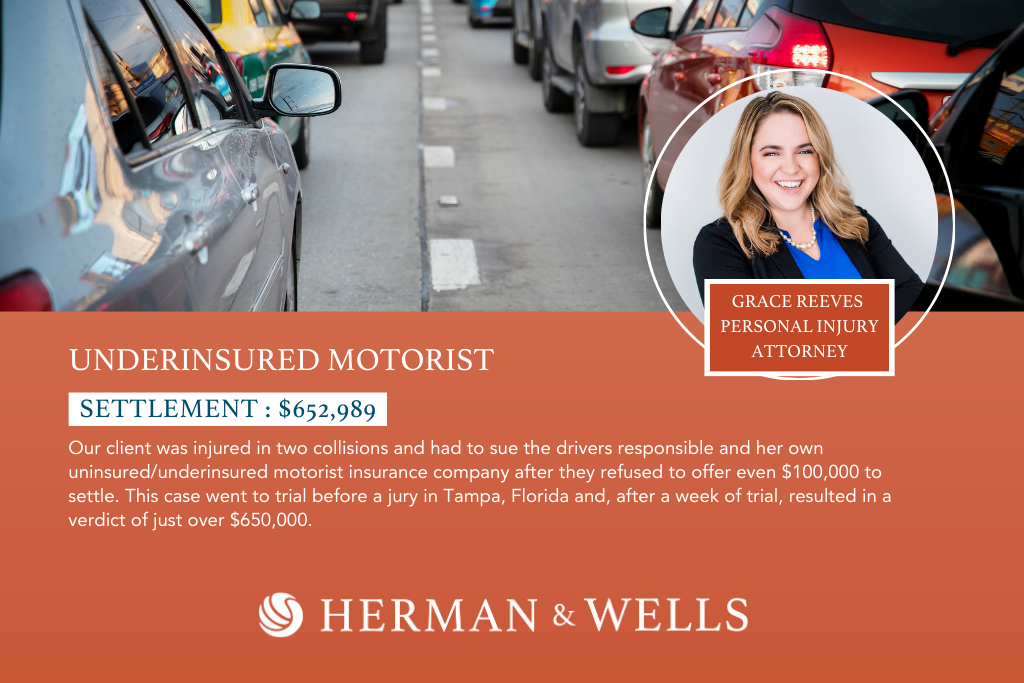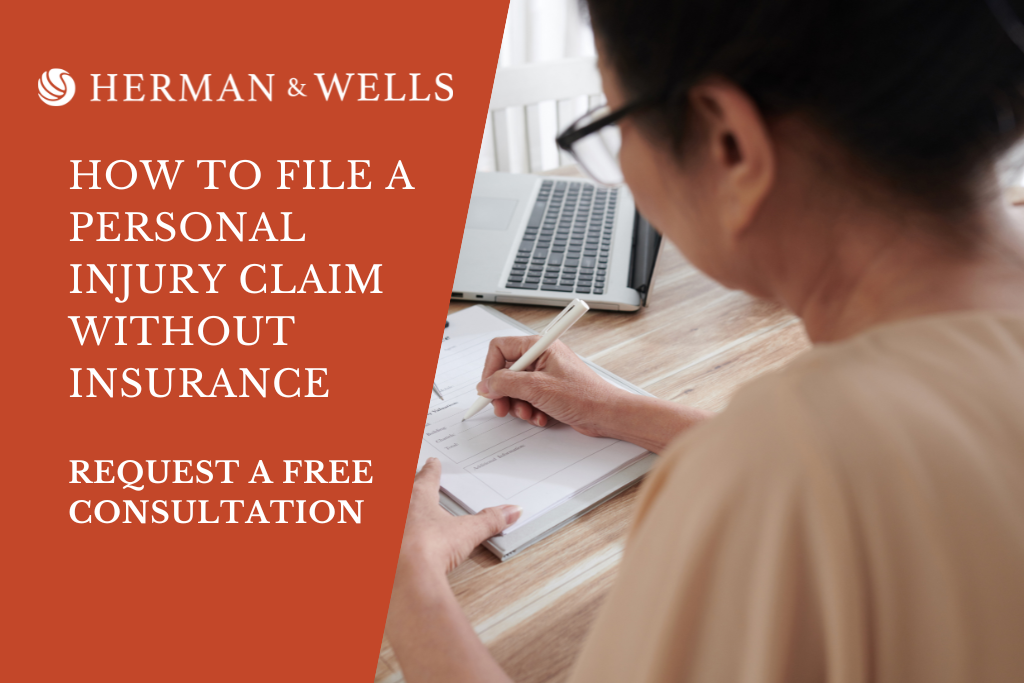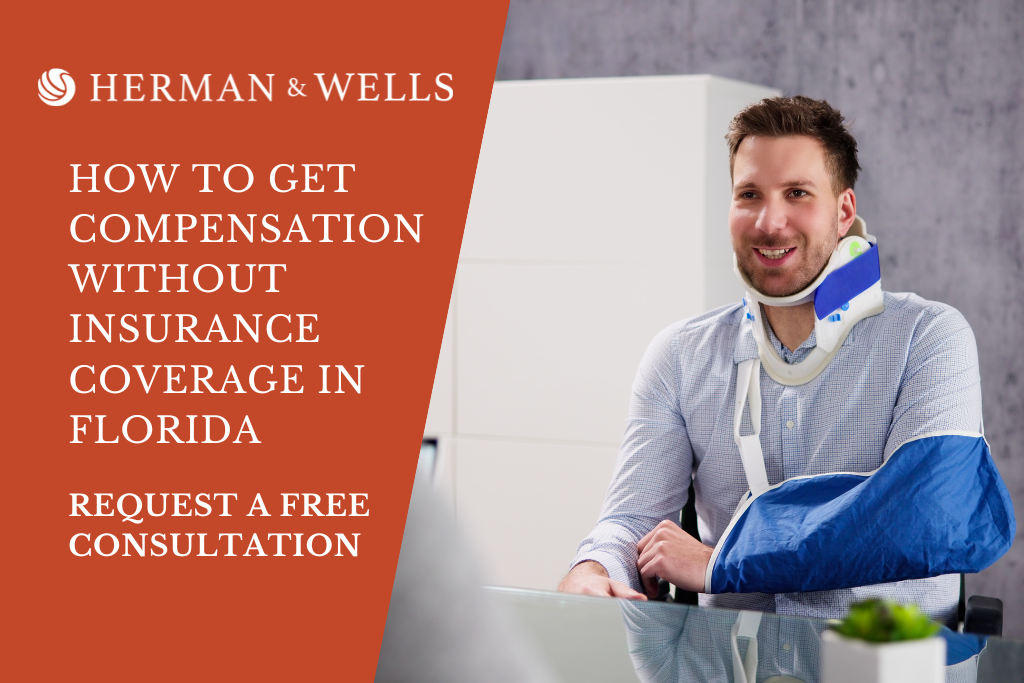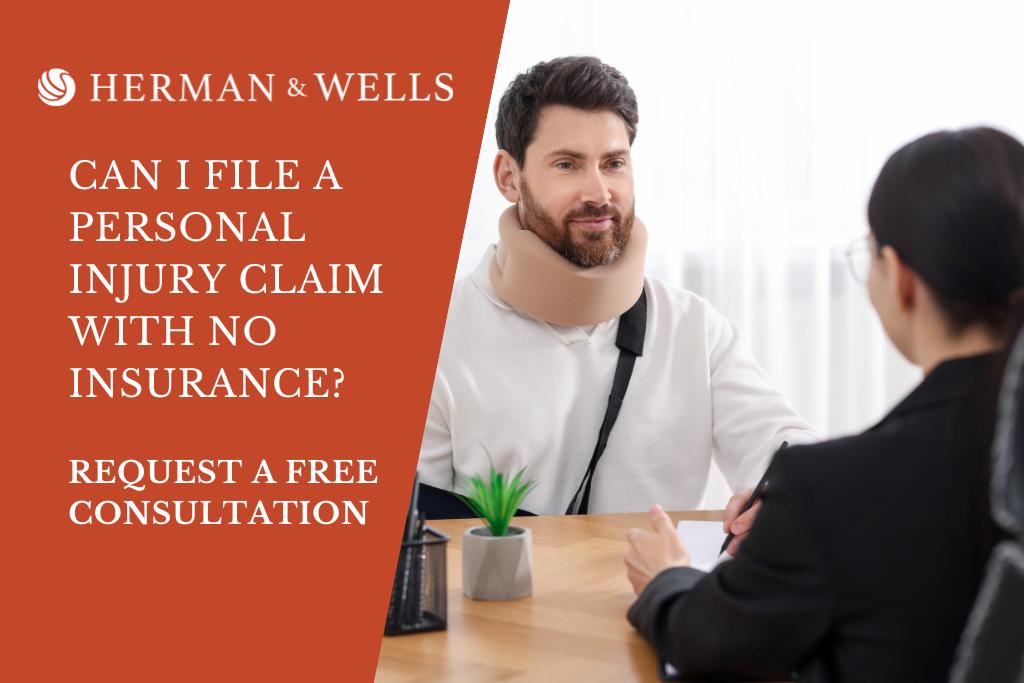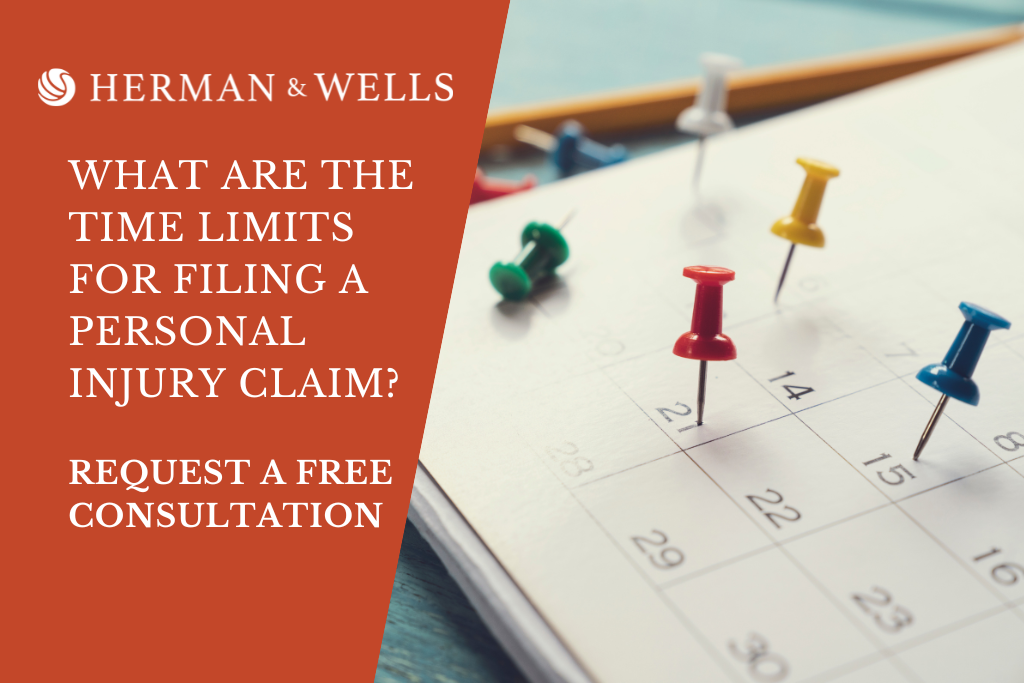In order to register your car in the state of Florida, you’re required to show proof of Personal Injury Protection (PIP) and Property Damage Liability auto insurance. The reality is that many of the drivers on the roads here in Florida are underinsured or completely uninsured.
According to a study from the Insurance Research Council, just about one in every five Florida drivers are operating vehicles without an active car insurance policy. So what are your options if you are hit by an uninsured driver in Florida?
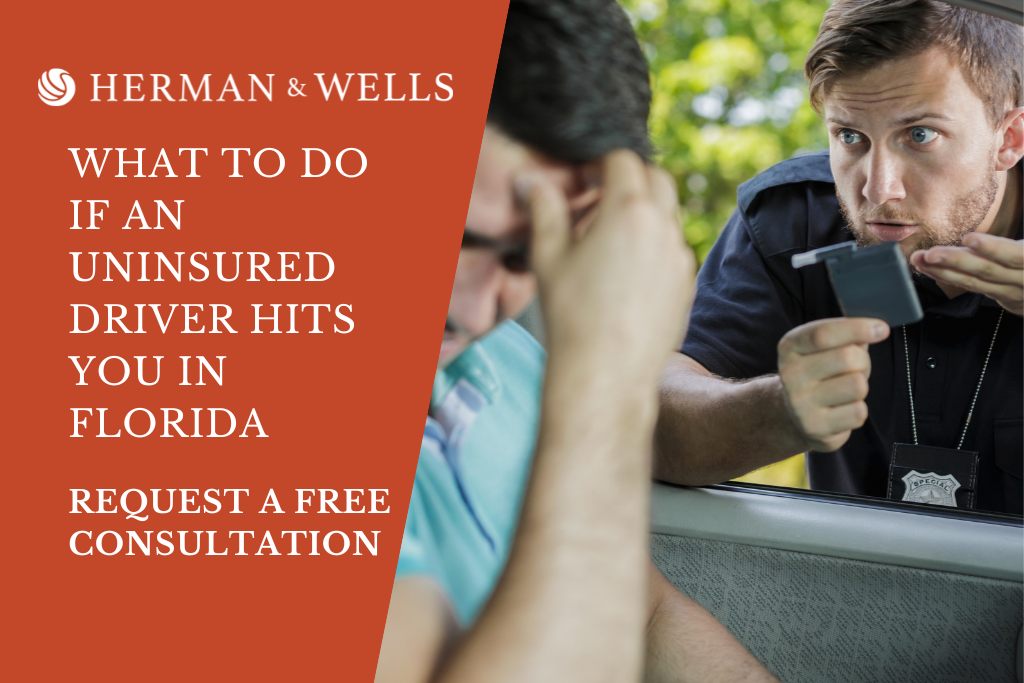
The Cliff Notes: Key Takeaways From This Post
- 1According to a study from the Insurance Research Council, one in five Florida drivers do not have active car insurance policies.
- 2In the state of Florida, legal drivers are required to carry Personal Injury Protection (PIP) and property damage coverage as part of their car insurance policies.
- 3
PIP can be used to cover 80% of medical expenses related to an accident that meet the criteria for an “emergency medical condition.”
- 4It is important for Florida drivers involved in an accident with an uninsured motorist to file a police report and check their own auto insurance policy for Uninsured Motorist Coverage (UM).
- 5If UM coverage is not present on the driver’s insurance policy, collision coverage may be used to cover damages to the vehicle.
- 6Drivers who were hit by an uninsured driver should also consider speaking with a qualified personal injury attorney as they may be able to negotiate with the at-fault driver’s insurer or press charges depending on the details of the case.
Let’s Review Florida’s No-Fault Car Insurance Laws First
Florida drivers are legally required to carry PIP and property damage coverage as a part of their car insurance policies. This provides a minimum of $10,000 that will be used to cover certain damages/injuries caused by an accident. Florida is a no-fault state, which is why each driver is required to carry their own insurance.
When it comes to the application of PIP, fault won’t be a factor following a car accident. The driver just needs to seek appropriate medical treatment within 14 days of the accident. Otherwise, the PIP insurance carrier could reject an injury claim outright.
Keep in mind that PIP can be used to cover 80% of your medical expenses caused by a car accident (assuming that doesn’t exceed your policy limit). To qualify for PIP coverage, injuries have to be determined to be an “emergency medical condition.” This means that your injuries:
- Are life-threatening, or
- Significantly impact normal bodily functions, or
- Have triggered severe internal organ dysfunction
Remember that this holds true for the at-fault driver as well. Be sure to check out our other resources on PIP in Florida if you’d like to learn more. This is an important topic that impacts any driver in Florida.
Filing a Police Report & Insurance Claim After the Car Accident
Since Florida is a no-fault state, that means you’ll be filing a car accident claim with your own insurance company no matter what. An official police report will help your case, so keep this in mind if the other driver tries to offer money or otherwise handle things privately. Damages and resulting injuries are often worse than they appear initially.
Don’t leave the scene of the car accident and take steps to document whatever details you can while you are waiting for the police to arrive. They’ll take statements from you, the at-fault driver and any witnesses. This documentation will be very important, especially if you end up having to take legal action.
After the police report has been filed in Florida, you should file an uninsured motorist insurance claim with your carrier. If you aren’t sure whether you have uninsured motorist (UM) coverage on your auto insurance policy, now would be a great time to check!
How Uninsured Motorist Coverage Works
If you are hit by a driver that doesn’t have insurance, your PIP coverage will be able to help. But what if the resulting damages exceed your coverage limits? In this scenario, the next best option will be to seek compensation from your own insurance provider. This is possible if you have uninsured motorist coverage on your car insurance policy.
The name should make it clear what this type of coverage does and this post should provide a compelling enough reason to make sure you add it to your auto insurance policy (if you haven’t done that already). Uninsured Motorist coverage isn’t required in the state of Florida, but our personal injury attorneys highly recommend it. This would cover damages your vehicle sustained in the accident and compensate you for injuries if the at-fault driver has no insurance of their own.
Don’t Have UM? Collision Coverage Is Another Option
If you don’t have UM coverage on your policy, another option is to file a car insurance claim and ask for compensation using collision coverage. This can help cover the damages to your vehicle, but it can’t be used to pay for resulting medical expenses. This could leave a driver with bad health insurance in a really tough spot financially.
Take the opportunity to review your car insurance policy now and keep in mind how important it is to file the police report and retain any receipts following a car accident in Florida. Insurance carriers will carefully review any claim following a car accident and will likely deny your claim if you can’t prove you were injured.
Your evidence gathering should also include anything you can use to prove that the at-fault driver didn’t have any insurance. That proof will be useful when seeking compensation after getting hit by an uninsured driver.
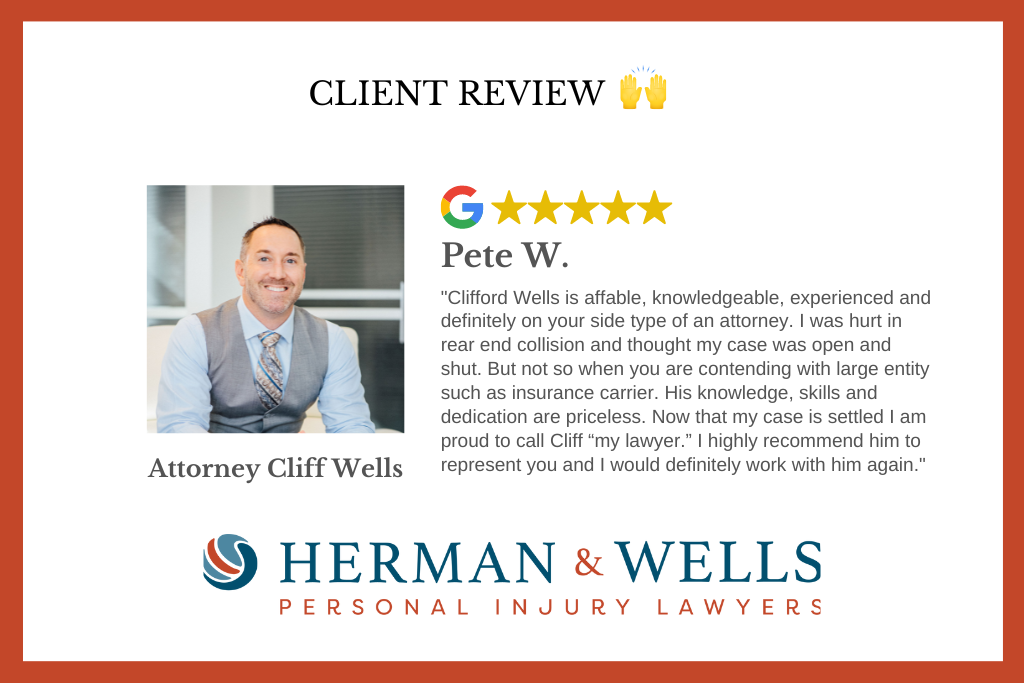
Should You Speak With a Florida Personal Injury Attorney?
At this point, you should also consider contacting a personal injury attorney experienced in handling car accident cases involving underinsured or uninsured motorists.
If you’re unsure, here are several benefits that you’ll gain by speaking with a car accident lawyer in Florida:
- The initial case review is offered for free – If you contact a law firm like Herman & Wells, you aren’t going to be charged for the initial case review. It’s well worth taking action to see if one of our attorneys can take on your case.
- You can learn what your claim is worth – An experienced car accident attorney will review your auto insurance policy and can tell you what level of compensation you are entitled to (based on the details of your case).
- Have a legal expert that is able to negotiate with your insurance carrier directly – If your insurance company has denied your claim or made the process quite difficult, an experienced personal injury attorney can step in to advocate and negotiate for you. Insurance carriers will use their own team of legal experts and you should too.
- Get support while navigating the claim process – Law firms like Herman & Wells have been built around maintaining accessibility with our clients. Your attorney can help you navigate the complexities of filing a car accident claim after getting hit by an uninsured driver.
Keep in mind that most uninsured drivers won’t have many assets to their name and often don’t have a reliable source of income. If you call Herman & Wells, the personal injury attorney you’re connected with will review the details of your case and will let you know what your options are moving forward. Pressing charges against an uninsured driver may not be recommended depending on the details you provide (so please be honest with your attorney!).
If you choose to try and handle this on your own, that is completely within your rights. We’d just like the opportunity to help if we can. Don’t forgo the option to speak with an experienced car accident lawyer like Clifford Wells. Our legal team has decades of combined experience in this field and can provide extremely beneficial insights if you have been hit by an uninsured driver in Florida.
